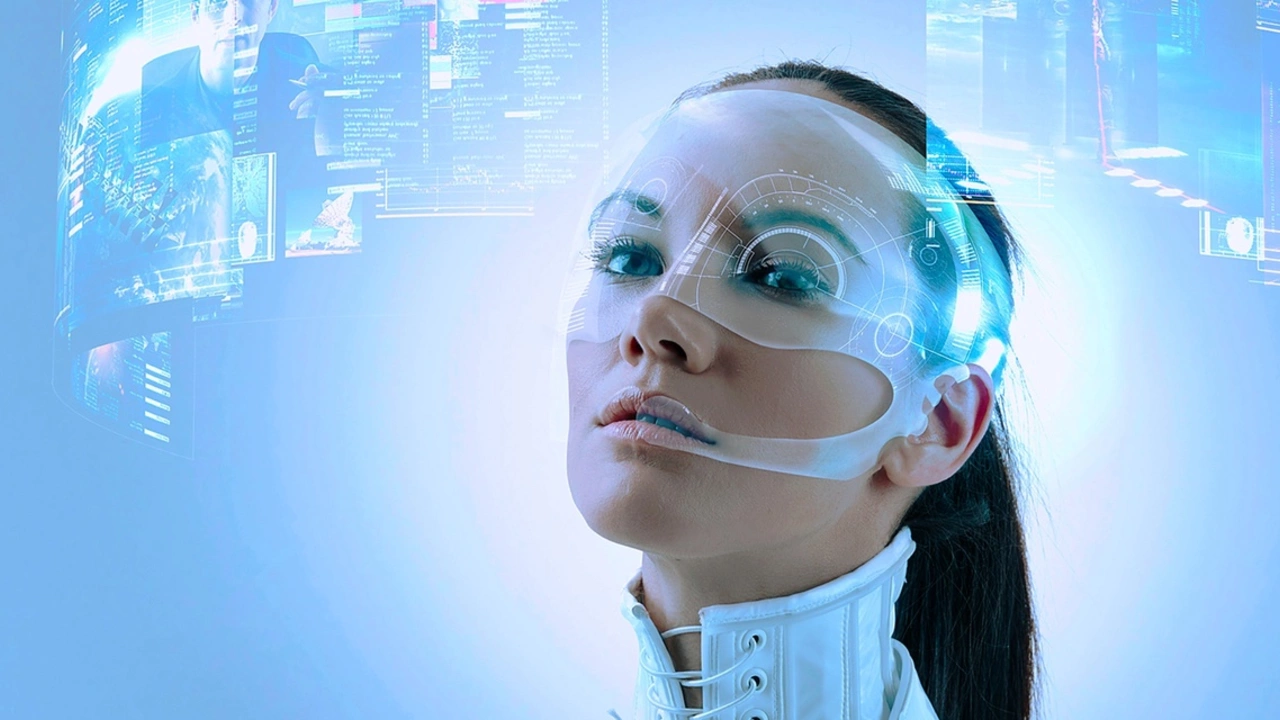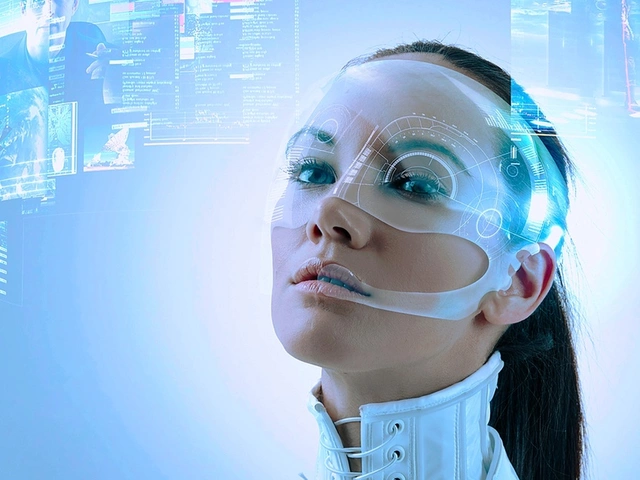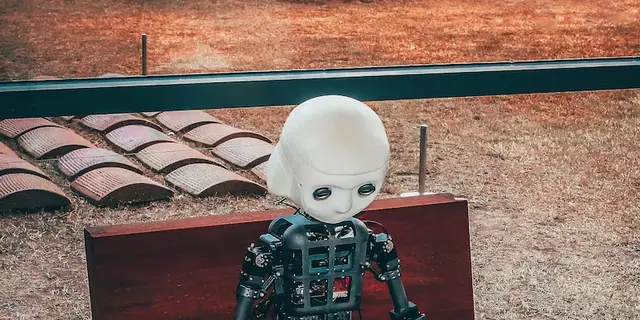
What separates today's 'AI' from true artificial intelligence?
Understanding the Basics of AI
In the current digital age, the term 'AI' or Artificial Intelligence is frequently tossed around. However, before diving into the differences between contemporary AI and true AI, it is crucial to understand the basics. Artificial Intelligence refers to the ability of a machine or computer program to think and learn. It is a broad field of study that includes several theories, methods, and technologies. It is about creating intelligent machines that can perform tasks that would typically require human intelligence, like speech recognition, decision-making, visual perception, and language translation.
Today's AI: Narrow and General AI
AI today is primarily of two types—Narrow AI and General AI. Narrow AI, also known as Weak AI, is designed to perform a narrow task, such as voice recognition. They are programmed for a specific task and can't do anything beyond their programming. On the other hand, General AI, also known as Strong AI, has more extensive capabilities. It can understand, learn, adapt, and implement knowledge from different domains. This type of AI can independently solve problems and perform tasks that usually require human intelligence.
The Concept of True Artificial Intelligence
True Artificial Intelligence, often referred to as Superintelligent AI, is a theoretical concept at this point. It represents a future form of AI that surpasses human intelligence in practically every field, including creativity, general wisdom, and social skills. This type of AI doesn't just replicate human intelligence, but it actually understands, learns, adapts, and improves itself at a much faster pace than humans.
Differentiating Between Today's AI and True AI
The primary difference between today's AI and true AI lies in their capabilities and potential. Today's AI, whether it's Narrow or General, is limited to its programming. It learns from a specific set of data and can't go beyond that. On the other hand, true AI can learn and adapt on its own, without any human intervention. In essence, true AI is self-aware, while today's AI is not.
The Limitations of Today's AI
Despite the significant advancements in AI technology, today's AI has its limitations. These limitations mainly revolve around understanding, reasoning, and emotional intelligence. Today's AI lacks the ability to understand context or emotions, for instance, making it less effective in situations that require emotional intelligence or subjective judgement. It is also limited by the data it was trained on and can't make decisions outside of that context.
The Potential of True AI
The potential of true AI is immense and far-reaching. With its ability to understand, learn, and adapt, it could revolutionize every aspect of our society—from healthcare, education, and finance, to transportation and beyond. True AI can create new knowledge and solutions, make decisions, and even predict future outcomes. However, it also brings with it a host of ethical and societal challenges that need to be addressed.
The Journey Towards True AI
The journey towards true AI is a long and challenging one, filled with technological breakthroughs and setbacks. It involves overcoming the limitations of today's AI, developing new algorithms and models, and addressing the ethical and societal implications of superintelligent AI. It's a journey that requires collaboration between researchers, engineers, ethicists, and policymakers.
Implications of True AI
The implications of true AI are both exciting and terrifying. On the one hand, it could lead to unprecedented advancements in technology, economy, and society. On the other hand, it could also lead to job displacement, privacy issues, and even potential misuse. Hence, it's vital to have a balanced and informed conversation about the implications of true AI.
Conclusion: The Future of AI
While we are still far from achieving true AI, the advancements in AI technology are bringing us closer to that future. It's a future that holds immense possibilities, but also significant challenges. As we continue to explore and push the boundaries of AI, it's crucial to remain mindful of its potential impact on our society. The future of AI is not just about technological advancements, but also about ensuring that these advancements benefit humanity as a whole.





Post A Comment